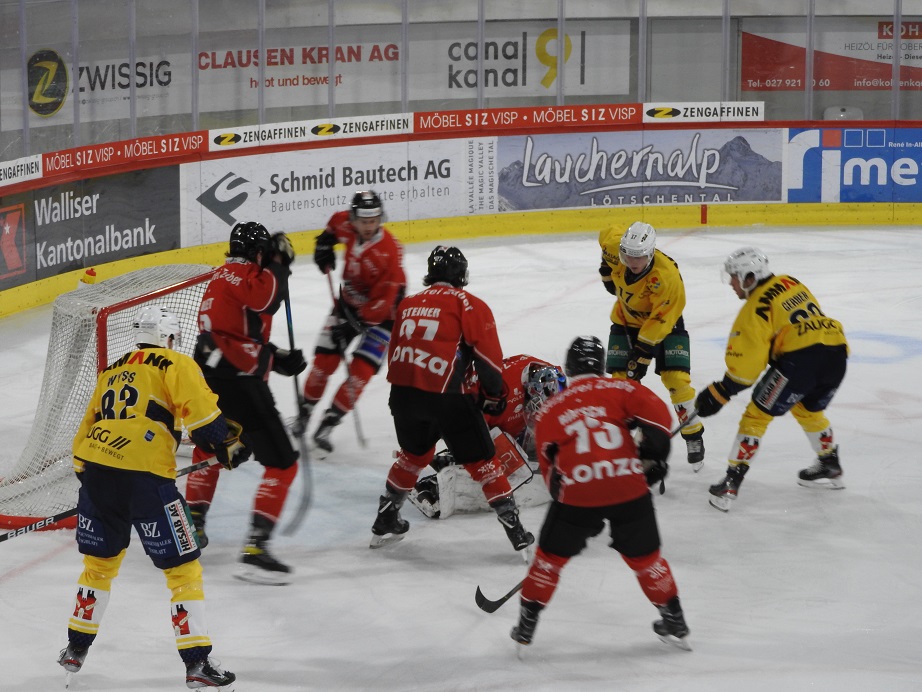March marks the Mois de la francophonie in Alberta. An opportunity to celebrate the francophone fact across the province. However, this community continues to see some of its achievements decline.
Seeing the Franco-Albertan flag flying for an entire month in front of the provincial parliament may seem trivial, when you live in a majority linguistic environment. But in a minority setting, it is proof of public recognition, a prerogative that was difficult to obtain, which contributes to the visibility of the Francophonie.
If the month of March is considered a holiday in Alberta, where musical performances, activities, contests and language games animate the calendar of Francophones in these times of COVID-19, there is still a shadow on the board. For a second year in a row, the Franco-Albertan flag will fly less than a day above parliament instead of a month, as decided in 2017 by the former NDP government.
“It is relayed to the same status as the other flags, such as the Volunteer Day flag or the LGBTQ flag, instead of being treated as an official emblem of the province”, deplores Annie McKitrick, former member under this government of Rachel Notley (2015-2019).
The provincial spokesperson, the Association canadienne-française de l’Alberta (ACFA), had not been informed in advance by the current Conservative government of such a change. The Franco-Albertan flag lost the privilege obtained four years ago, following the adoption in 2019 of a protocol limiting the duration of the flags hoisted to one day for each of them. The office of Leela Aheer, Minister of Culture, Multiculturalism and the Status of Women and responsible for the Francophone Secretariat, then replied that it was to “ensure consistency and equity” among them. The Franco-Albertan flag has thus become a flag like any other.
“Achievements are never eternal,” says Victor Moke Ngala, president of Francophonie albertaine plurielle (FRAP). “I think this is a step back from the previous government’s promise. It all depends on the government that arrives, it can change everything. This is what we are seeing and it is a real shame, ”he expresses with regret.
A diluted Francophonie
This episode is reminiscent of the abolition, in 2017, of the French Department of Education, then established for almost 40 years within the provincial Ministry of Education. She was responsible for managing education in French in Alberta.
Here again, a decision was taken unilaterally by the government, this time the NDP, with the utmost indifference.
“It was a collective voice for Francophones and immersion programs at the Ministry of Education,” recalls Élisa Corsi, communications manager for the Alberta Teachers’ Association (ATA). Today, that voice is diluted, she reports. “The Francophone representatives are scattered in different departments across the Ministry of Education, made up mostly of Anglophones. “
At the time, the ATA approached the Ministry of Education through a council of specialists, the French Council, to ask what the impact of this change would be on French-speaking teachers and ‘immersion. Today, the French ATA Council is still waiting. “We never received a response on this subject,” told the Duty Mme Courses.
If the existence of the French Education Directorate had continued, it could have been at the negotiating table in order to make the voice of Francophones heard during the overhaul of school programs last October.
This question aroused the wrath of Franco-Albertans, outraged by the series of recommendations in which the Franco-Albertan history and perspective were virtually absent from the program proposed by the Conservative Party.
Regarding the post-secondary level, the federal Minister of Official Languages, Mélanie Joly, announced this week that she was putting $ 3.7 million on the table, provided that the provincial government proposes a financial partnership to support the needs. from Campus Saint-Jean.
For Valérie Lapointe Gagnon, who is associate professor of history and linguistic rights there, there has never been great recognition of the Francophonie in the public sphere.
“Francophones are constantly fighting for heritage to be recognized, both at the provincial and municipal levels. Governments fought against francophones in all legal cases concerning them. We saw it recently with the legal fees paid ($ 1.5 million) by the Kenney government in the Saint-Jean case, ”she concludes.
–


